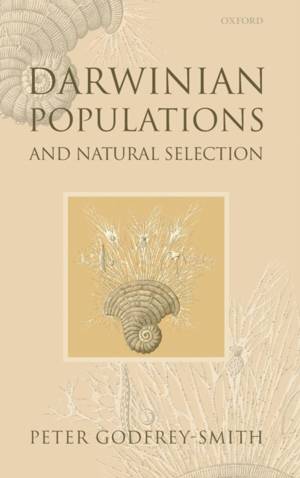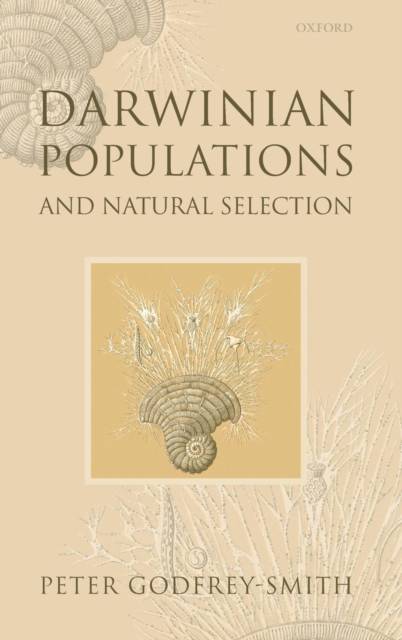
- Afhalen na 1 uur in een winkel met voorraad
- Gratis thuislevering in België vanaf € 30
- Ruim aanbod met 7 miljoen producten
- Afhalen na 1 uur in een winkel met voorraad
- Gratis thuislevering in België vanaf € 30
- Ruim aanbod met 7 miljoen producten
Zoeken
€ 105,45
+ 210 punten
Omschrijving
In 1859 Darwin described a deceptively simple mechanism that he called "natural selection," a combination of variation, inheritance, and reproductive success. He argued that this mechanism was the key to explaining the most puzzling features of the natural world, and science and philosophy were changed forever as a result. The exact nature of the Darwinian process has been controversial ever since, however. Godfrey-Smith draws on new developments in biology, philosophy of science, and other fields to give a new analysis and extension of Darwin's idea. The central concept used is that of a "Darwinian population," a collection of things with the capacity to undergo change by natural selection. From this starting point, new analyses of the role of genes in evolution, the application of Darwinian ideas to cultural change, and "evolutionary transitions" that produce complex organisms and societies are developed. Darwinian Populations and Natural Selection will be essential reading for anyone interested in evolutionary theory.
Specificaties
Betrokkenen
- Auteur(s):
- Uitgeverij:
Inhoud
- Aantal bladzijden:
- 218
- Taal:
- Engels
Eigenschappen
- Productcode (EAN):
- 9780199552047
- Verschijningsdatum:
- 17/05/2009
- Uitvoering:
- Hardcover
- Formaat:
- Ongenaaid / garenloos gebonden
- Afmetingen:
- 152 mm x 234 mm
- Gewicht:
- 476 g

Alleen bij Standaard Boekhandel
+ 210 punten op je klantenkaart van Standaard Boekhandel
Beoordelingen
We publiceren alleen reviews die voldoen aan de voorwaarden voor reviews. Bekijk onze voorwaarden voor reviews.











